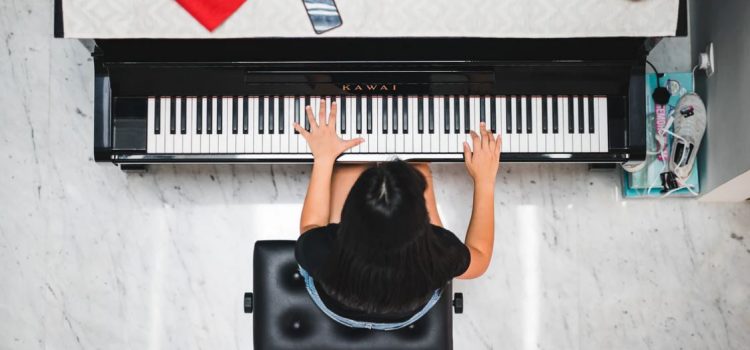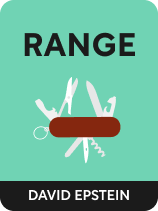

This article is an excerpt from the Shortform book guide to "Range" by David J. Epstein. Shortform has the world's best summaries and analyses of books you should be reading.
Like this article? Sign up for a free trial here .
What are the benefits of self-teaching? Do you really learn more through slow, directionless learning? Is there such thing as overlearning?
In his book Range, David Epstein asserts that the slow and directionless self-learning process is more effective than structured learning. This is because when you learn on your own, you’re forced to struggle through experimentation—which ultimately leads to a better understanding of the subject matter.
Here is why learning through self-teaching may actually be better than taking structured classes.
Slow, Directionless Learning
When it comes to skill acquisition, Epstein makes the case that slow, directionless exploration provides more robust skill than the specialist’s style of learning through intense, efficient drills.
To illustrate, Epstein examines the life stories of world-class jazz musicians from the very start of their musical training. He finds that, after exploring and discovering their preferred instrument, many jazz legends taught themselves how to play, without formal lessons, through an excruciatingly inefficient process of trial and error.
Many of the greatest jazz musicians learned through “osmosis,” discovering on their own how to mimic the music they heard around them. The struggle of aimlessly fiddling around gave these musicians a deeply ingrained familiarity with their instruments that formal training could never intentionally teach. Just like the other learning methods we’ve been discussing, this untutored learning style is much slower and less effective at first, but in the long run, it provides the foundation to achieve top-level performance.
By self-teaching, these musicians also discovered the unique skill of effortless improvisation. Epstein argues that because they were forced to painstakingly generate their own techniques instead of simply learning to read sheet music (translating something that’s already been written), the self-taught jazz musicians developed a creative instinct that classically trained musicians never could. For this reason, master improvisors are often able to learn and perform classical arrangements, but classically trained musicians are fundamentally unable to improvise.
Epstein implies that the slow struggle of experimentation provides its own unique, lasting skills in any pursuit. All the time you spend learning and every mistake you make add up to invaluable mastery down the road, even if you can’t see it immediately. There’s no need to worry if you’re not progressing as quickly as specialists expect—they don’t realize that the most effective learning is slow and difficult.
| The Strengths and Weaknesses of “Overlearning” Countering Epstein’s argument that efficient specialists miss out on the depth of inefficient practice, recent research has identified the benefits of “overlearning”: practicing a skill after you’ve already achieved proficiency. If specialists can continue to train their existing skills indefinitely, the efficient path to mastery doesn’t seem to miss much. However, research shows that overlearning in narrow specialized domains may limit these specialists in a different way. In one study on overlearning, two groups of subjects were trained to identify subtle striped patterns embedded in static on a screen. One group was assigned to overlearn, practicing for twenty minutes after both groups had already learned to pick out the correct pattern. The next day, the overlearners were able to complete their task far better than those who didn’t overlearn. However, when asked to perform a new task—identifying a slightly different pattern in the static—the overlearners actually performed worse than the control group. What does this tell us? The researchers concluded that the overlearners’ weakened performance was a side effect of their “resilient” experience with the first task. They had learned the first skill so well that they found it difficult to stray from the procedure. In other words, overlearning narrow skills hinders the application of those skills in new contexts. When specialists attempt to learn adjacent skills, like classical musicians attempting to improvise, their overlearning of narrow procedures may do more harm than good. |

———End of Preview———
Like what you just read? Read the rest of the world's best book summary and analysis of David J. Epstein's "Range" at Shortform .
Here's what you'll find in our full Range summary :
- Why it's better to be proficient in a range of skills rather than becoming a specialist in one
- Why you're never “too late” to pursue something you’re interested in
- Why the nontraditional background of a generalist gives them an edge





